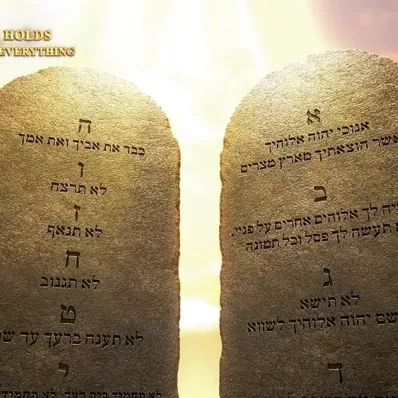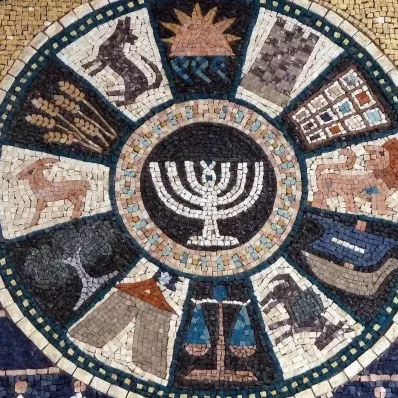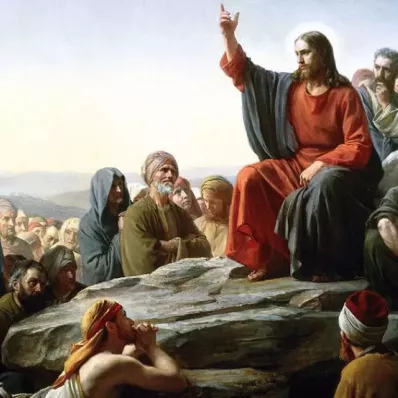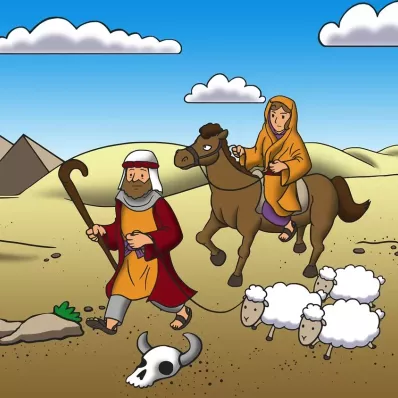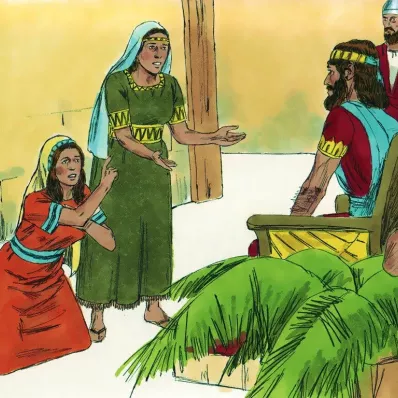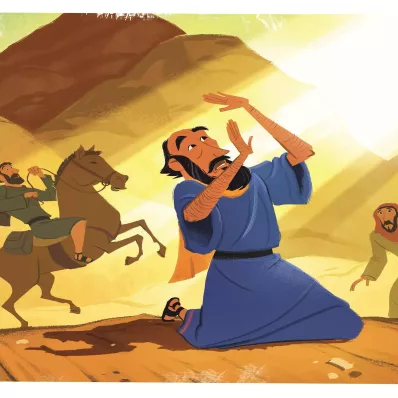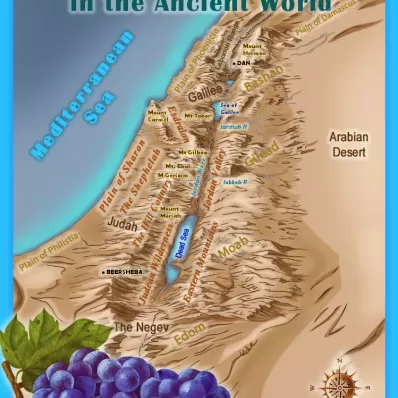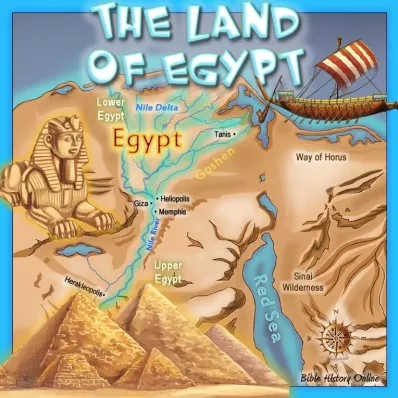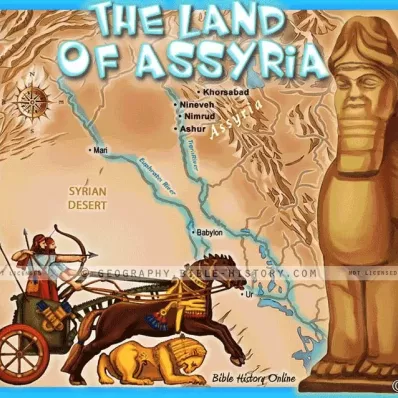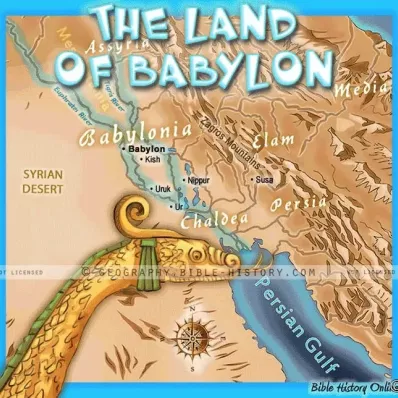Canon
This word is derived from a Hebrew and Greek word denoting a
reed or cane. Hence it means something straight, or something to
keep straight; and hence also a rule, or something ruled or
measured. It came to be applied to the Scriptures, to denote
that they contained the authoritative rule of faith and
practice, the standard of doctrine and duty. A book is said to
be of canonical authority when it has a right to take a place
with the other books which contain a revelation of the Divine
will. Such a right does not arise from any ecclesiastical
authority, but from the evidence of the inspired authorship of
the book. The canonical (i.e., the inspired) books of the Old
and New Testaments, are a complete rule, and the only rule, of
faith and practice. They contain the whole supernatural
revelation of God to men. The New Testament Canon was formed
gradually under divine guidance. The different books as they
were written came into the possession of the Christian
associations which began to be formed soon after the day of
Pentecost; and thus slowly the canon increased till all the
books were gathered together into one collection containing the
whole of the twenty-seven New Testament inspired books.
Historical evidence shows that from about the middle of the
second century this New Testament collection was substantially
such as we now possess. Each book contained in it is proved to
have, on its own ground, a right to its place; and thus the
whole is of divine authority.
The Old Testament Canon is witnessed to by the New Testament
writers. Their evidence is conclusive. The quotations in the New
from the Old are very numerous, and the references are much more
numerous. These quotations and references by our Lord and the
apostles most clearly imply the existence at that time of a
well-known and publicly acknowledged collection of Hebrew
writings under the designation of "The Scriptures;" "The Law and
the Prophets and the Psalms;" "Moses and the Prophets," etc. The
appeals to these books, moreover, show that they were regarded
as of divine authority, finally deciding all questions of which
they treat; and that the whole collection so recognized
consisted only of the thirty-nine books which we now posses.
Thus they endorse as genuine and authentic the canon of the
Jewish Scriptures. The Septuagint Version (q.v.) also contained
every book we now have in the Old Testament Scriptures. As to
the time at which the Old Testament canon was closed, there are
many considerations which point to that of Ezra and Nehemiah,
immediately after the return from Babylonian exile. (See BIBLE
T0000580, EZRA T0001294, QUOTATIONS T0003039.)



